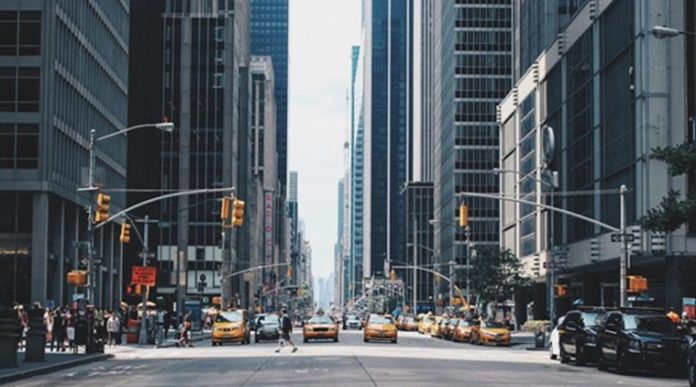New Delhi (NVI): The coronavirus pandemic has exposed deep inequalities in how people live in cities and how cities serve their residents, according to the UN policy brief on COVID-19, which highlighted that an estimated 90 percent of all reported cases are in urban areas.
Urban areas have become the epicenter of the pandemic and the already vulnerable have suffered most, it said today.
The policy brief noted that in an urban world, the size of urban populations and their high level of global and local interconnectivity make them particularly vulnerable to the spread of the virus.
Around 24% of the world’s urban population live in slums. Less than half the global population can access open public spaces within 400 metres’ walking distance of their homes, it further added.
However, urban density does not inevitably correlate with higher virus transmission. Cities can manage this crisis and emerge as the hubs of energy, resilience and innovation that make them such vibrant and appealing places for many to live. But this will take conscious policy choices, the report said.
”COVID-19 shutdown measures in urban areas have had economic impacts far beyond their boundaries as urban economies account for approximately 80 per cent of global GDP,” the brief further stated.
The working hours across all countries and regions are estimated to have fallen by 14 percent in the second quarter of 2020 relative to the last quarter of 2019, which is equivalent to a loss of 400 million full-time jobs.
Globally, the effects have been especially severe in the informal sector, which represents 90 per cent and 67 per cent, it added.








